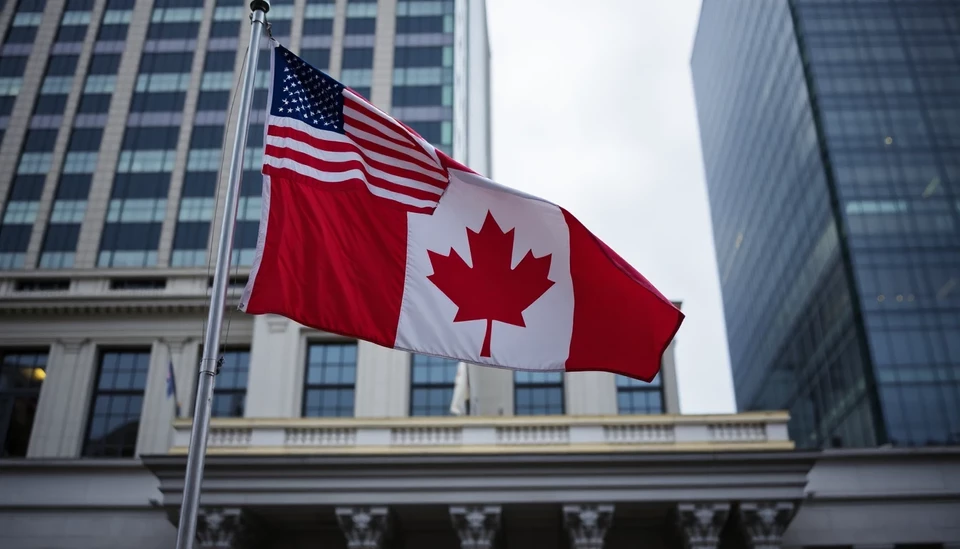
As global trade dynamics continue to shift, the Bank of Canada has issued a warning regarding the rising expectations of inflation brought about by recent trade skirmishes. The central bank's latest analysis highlights the potential economic ramifications stemming from escalating trade conflicts, reflecting concerns that resonate well beyond national borders.
These trade disputes, characterized by imposing tariffs and retaliatory measures, have sparked significant uncertainty in the marketplace. The Bank of Canada has emphasized that such uncertainties can lead to increased costs for consumers and businesses alike, ultimately translating into heightened inflation predictions. The central bank's vigilance comes as inflation rates in Canada and globally have started to exhibit upward trends, shaking longstanding economic stability.
Key insights from the Bank suggest that the inflationary pressures may not just stem from supply chain disruptions, which emerged as a major issue during the pandemic, but are also heavily influenced by protectionist trade policies. The repercussions of these policies are multi-faceted, affecting everything from raw material costs to finished goods prices, each contributing to a cascading effect on overall consumer prices.
The Bank of Canada is now closely monitoring these developments, understanding that maintaining steady inflation is critical for the overall health of the economy. Recent data indicative of rising consumer prices have prompted economists to reassess their forecasts, with many projecting that inflation might exceed previously expected levels if trade tensions do not begin to abate.
In addition to economic implications, the Bank has noted potential impacts on consumer sentiment and spending behavior. As inflation expectations climb, Canadian households may become more cautious with their spending, potentially leading to a slowdown in economic growth. This creates a paradox where protective trade measures intended to safeguard domestic industries might inadvertently stymie economic expansion by curtailing consumer confidence.
Furthermore, the Bank of Canada urged collaboration among policymakers to address these trade-related inflation pressures effectively. By promoting open dialogues and negotiations, the potential risk of a protracted trade war could be mitigated, thereby stabilizing both the economy and inflation expectations.
As Canada navigates these turbulent trade waters, its leadership role in fostering international cooperation will be pivotal. The Bank of Canada’s insights underline the importance of balancing national interests with global economic realities, advocating for strategies that promote sustainable growth in an increasingly interconnected world.
The stakes in this trade narrative are undeniably high, as the intertwined fates of nations hinge on collective efforts to navigate the complexities of modern trade relationships. As such, the outlook may very well depend on a shared commitment to preventing escalation into further hostilities, thus ensuring a stable economic environment for all involved.
In conclusion, the Bank of Canada stands as a vigilant observer, ready to respond to the developments that could shape the future of the Canadian economy. The intricacies of global trade, inflation, and economic stability are inextricably linked, highlighting the necessity for proactive engagement and strategic planning in addressing these formidable challenges.
#TradeWar #Inflation #BankOfCanada #EconomicPolicy #ConsumerPrices #TradeRelations #GlobalEconomy
Author: Laura Mitchell




